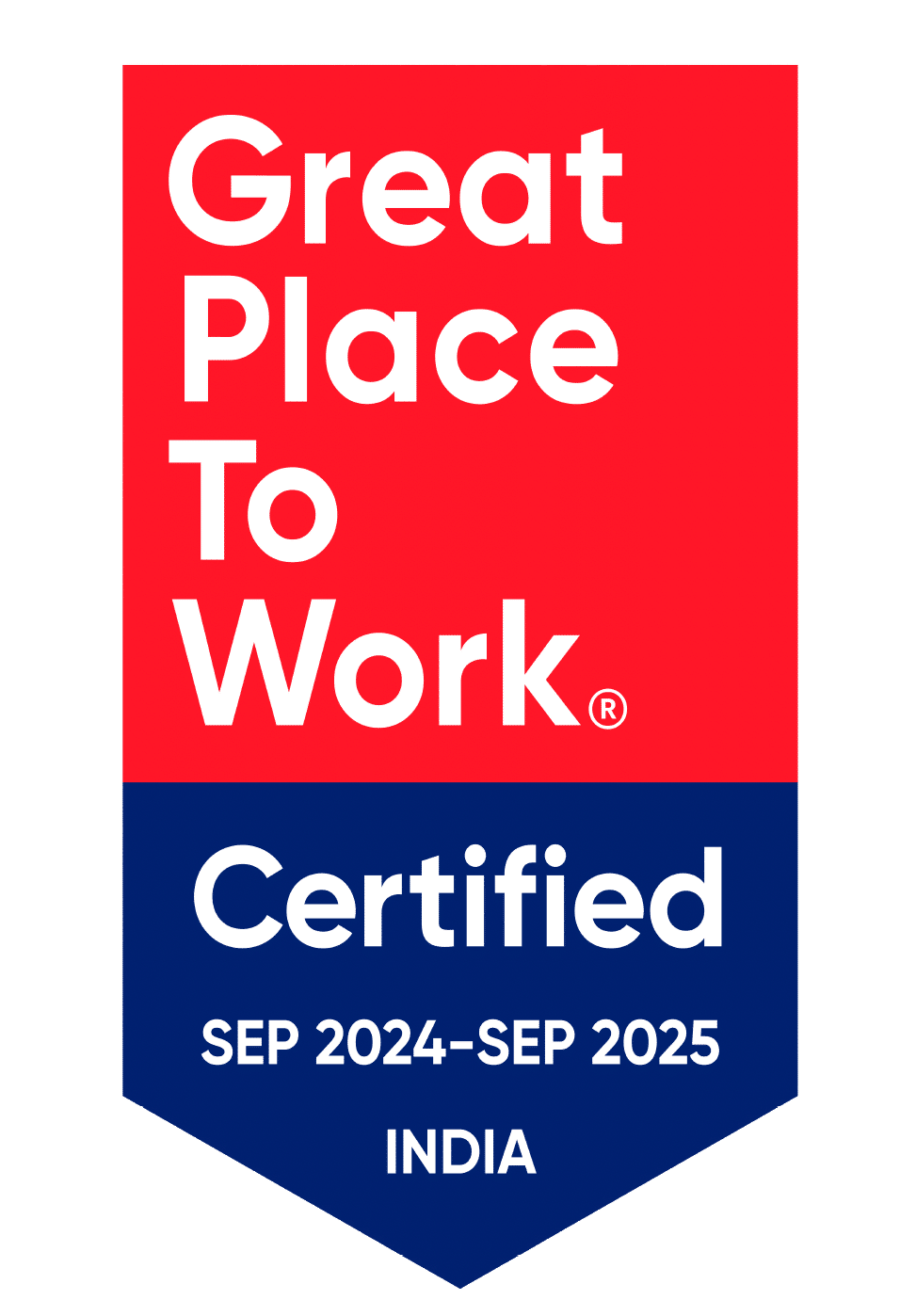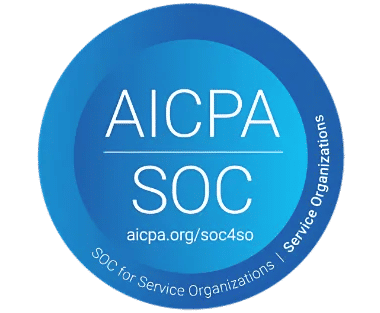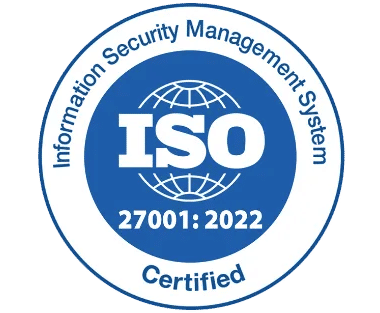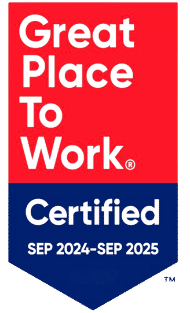Best Online Learning Management Software in 2025

Learning is no longer something that only happens in a classroom or at a set time. Whether you are a business trying to help your team grow or someone looking to build new skills, the way we learn has changed a lot. Today, online learning is part of our everyday lives.
In fact, the global e-learning market is projected to reach over $375 billion by 2026, growing steadily each year. But with so many options out there, picking the right online learning management software can feel overwhelming. The truth is, the right tool can make all the difference helping people stay motivated, grow faster, and actually enjoy the learning process.
Research shows that organizations using LMS platforms experience up to a 20% boost in employee productivity and a 15% reduction in training costs.If you want your organization to thrive in 2025, understanding what makes an LMS truly effective is the key.
Why Online Learning Management Software Matters in 2025
The digital learning landscape is growing fast. According to recent studies, the global e-learning market is expected to reach $375 billion by 2026, growing at an annual rate of 8% . This shift is driven by remote work, technology advances, and changing learner expectations.
Learning management software offers more than just course delivery. It connects learners, trainers, and content, creating a seamless experience that fosters growth and success.
Organizations lacking an effective LMS risk losing their competitive edge in today’s fast-evolving market. An efficient LMS boosts training effectiveness, reduces costs, and increases engagement, making it essential for the future of work.
Employees today expect flexible, personalized learning. LMS platforms empower learners to take control of their development while giving managers real-time insights into progress.
If organizations fail to adopt modern learning tools, they risk low retention, poor compliance, and missed growth opportunities.
Key Features of the Best Online Learning Management Software
Choosing an LMS means looking for features that support both current operations and future growth. Here are the key features to expect from the best LMS platforms in 2025:
- Scalability:
The platform should be able to grow alongside the organization, efficiently handling increasing numbers of users and expanding content libraries without any drop in performance or speed.
- User-Friendly Interface:
An intuitive and easy-to-navigate interface benefits all users, including administrators, instructors, and learners, reducing the learning curve and minimizing the time required for training.
- Mobile Compatibility:
Support for smartphones and tablets is essential, enabling learners to access courses anytime and anywhere, which is particularly important for remote or traveling employees.
- Content Authoring Tools:
Built-in or easily integrated authoring tools allow for the quick creation of engaging, interactive, and multimedia-rich learning materials that cater to diverse learner preferences.
- Reporting and Analytics:
Advanced dashboards and detailed reports provide real-time insights into learner progress, course effectiveness, and skills gaps, empowering managers to make data-driven decisions to improve training outcomes.
- Integration Capabilities:
The LMS should seamlessly connect with existing HR systems, CRM platforms, and other enterprise software, creating a unified ecosystem that simplifies data management and streamlines workflows.
- Social Learning:
Incorporating features such as badges, leaderboards, and discussion forums helps boost learner motivation and engagement, while fostering collaboration and knowledge sharing within teams.
- Security and Compliance:
Robust data protection measures are crucial to safeguard sensitive information, alongside tools that ensure regulatory training requirements are met efficiently and transparently.
Each of these features works together to create a dynamic, adaptable learning environment that supports business goals and meets the evolving needs of learners and organizations alike.
Top LMS Platforms to Watch in 2025
Several LMS platforms stand out in 2025 for their innovative features and ability to meet diverse learning needs. Here are the top options, starting with LMS 365, designed to empower organizations with seamless, efficient learning management:
LMS 365
LMS 365 offers deep integration with Microsoft 365, delivering a seamless learning experience within tools like SharePoint and Teams. Its customizable workflows, real-time reporting, and mobile accessibility make it an ideal choice for organizations invested in the Microsoft ecosystem. The platform supports scalable content delivery and collaborative learning, helping businesses boost employee engagement and skill development efficiently.
Pros:
- Native Microsoft 365 integration
- Customizable workflows and real-time dashboards
- Strong mobile access and collaboration features
Cons:
- Best suited for Microsoft-centric organizations
- Advanced customization may require expert support
Docebo
Docebo is a cloud-based LMS known for its AI-powered learning capabilities and intuitive interface. It supports personalized learning experiences, making it a favourite among enterprises seeking scalable, modern solutions. Its strong integration options with popular business tools allow seamless content delivery and reporting.
Pros:
- AI-driven personalized learning
- Robust integration capabilities
- User-friendly interface for learners and admins
Cons:
- Pricing can be high for smaller organizations
- Some advanced features require additional cost
TalentLMS
TalentLMS is popular for its ease of use and quick deployment, ideal for small to mid-sized businesses. It offers powerful content creation tools and supports gamification to increase learner engagement. The platform is highly customizable and integrates well with third-party apps.
Pros:
- Simple setup and management
- Comprehensive content authoring tools
- Flexible pricing plans
Cons:
- Limited offline learning capabilities
- May lack some advanced enterprise features
SAP Litmos
SAP Litmos excels in compliance training and certification management, making it suitable for regulated industries such as healthcare and finance. It features comprehensive reporting tools and supports a variety of content formats for diverse training needs.
Pros:
- Strong compliance and certification features
- Detailed analytics and reporting
- Wide range of supported content types
Cons:
- Interface may feel complex for new users
- Pricing tailored more for mid to large enterprises
LearnUpon
LearnUpon is a cloud LMS designed to support remote teams with multi-language support and video conferencing integration. It emphasizes user experience with a clean interface and offers social learning features to enhance collaboration among distributed learners.
Pros:
- Ideal for global and remote teams
- Supports multiple languages
- Seamless integration with video conferencing tools
Cons:
- Some features require additional subscriptions
- Customization options can be limited
Absorb LMS
Absorb LMS targets mid-sized organizations with affordable pricing and a quick setup process. It offers core LMS features such as mobile access, automated workflows, and strong reporting. Its responsive support team helps ensure smooth implementation and ongoing use.
Pros:
- Cost-effective for SMBs
- Fast deployment and easy setup
- Excellent customer support
Cons:
- Fewer advanced features compared to enterprise platforms
- May require add-ons for certain functionalities
Each LMS platform offers unique strengths to suit different organizational needs. Choosing the right LMS depends on business size, industry, and training goals.
How to Choose the Right LMS for Your Organization
Picking an LMS can feel overwhelming. Consider these factors carefully to make the best choice that fits your organization’s unique needs:
- Budget:
Understand both the upfront costs and ongoing expenses involved. Some platforms offer modular pricing or subscription options, allowing flexibility to scale features as needed without overspending. It is important to evaluate the total cost of ownership to avoid surprises later.
- Business Size and Growth Plans:
Select a system that supports your current workforce and training demands but can also scale smoothly as your company expands or shifts strategy. Future-proofing your LMS investment ensures it remains valuable over time.
- Industry-Specific Needs:
Look for features designed to meet regulatory compliance or specialized training requirements relevant to your sector, ensuring the LMS supports your specific business context. Tailored solutions often improve effectiveness and reduce training risks.
- Support and Training:
Reliable customer service and comprehensive training resources are essential to help your team adopt the platform effectively and resolve any issues quickly. Ongoing support contributes significantly to successful implementation and sustained usage.
- Ease of Implementation:
Opt for a solution that integrates seamlessly with your existing IT infrastructure and requires minimal configuration, minimizing downtime and accelerating time to value. A smooth rollout can also boost user acceptance and confidence.
Balancing these elements will help you select an LMS that provides lasting value, supports your strategic goals, and adapts as your organization evolves. Taking the time to evaluate these factors upfront reduces risks and maximizes training success.
Benefits of Using Online Learning Management Software
Implementing LMS technology delivers multiple advantages, including:
- Improved Employee Engagement and Retention:
Interactive content and gamification keep learners motivated, leading to higher job satisfaction and lower turnover. Engaged employees are more likely to contribute positively to organizational culture and success.
- Streamlined Compliance Training:
Automated tracking and certification help meet regulatory requirements without manual effort. This reduces the risk of non-compliance and ensures training records are always up to date and easily accessible.
- Measurable Learning Outcomes:
Real-time analytics provide insights into learner progress and course effectiveness, enabling data-driven improvements. These insights help trainers tailor content and address learning gaps more efficiently.
- Cost and Time Efficiency:
Digital training reduces travel and venue costs, while self-paced learning saves employee time. Organizations can deliver training to larger audiences with fewer resources, maximizing ROI.
- Enhanced Collaboration and Knowledge Sharing:
Social learning features and discussion boards foster communication and collective problem-solving. Peer-to-peer interactions also enhance knowledge retention and team cohesion.
Statistics show that companies using LMS platforms see a 20% increase in employee productivity and a 15% reduction in training costs .
Future Trends in LMS for 2025 and Beyond
The LMS market is rapidly evolving, shaped by advances in technology and shifting learner expectations. As organizations seek to deliver more impactful and flexible learning experiences, several key trends are emerging that will define the future of online learning:
- Personalized Learning:
Adaptive learning systems will increasingly customize content based on individual learner needs, progress, and pace. This tailored approach enhances engagement and helps learners master skills more effectively by focusing on their unique challenges and strengths.
- Microlearning:
Short, focused learning modules will become the norm, fitting easily into busy schedules and improving knowledge retention. Microlearning breaks complex topics into digestible pieces, allowing learners to access just-in-time training when they need it most.
- Virtual and Augmented Reality:
Immersive technologies like VR and AR will offer learners hands-on, realistic practice in safe, simulated environments. These tools are particularly valuable for high-risk industries and skill-based training, enhancing experiential learning and retention.
- Mobile-First Design:
With the rise of remote work and mobile devices, LMS platforms will prioritize mobile-friendly apps and responsive designs. Learners will enjoy seamless access to courses, assessments, and collaboration tools across smartphones and tablets, enabling learning anytime, anywhere.
- Data-Driven Insights:
Advanced analytics will empower organizations to track learning effectiveness in real time, identify skill gaps, and tailor coaching programs. Predictive analytics and AI-powered recommendations will support personalized development and strategic workforce planning.
- Social and Collaborative Learning:
Future LMS platforms will deepen support for social learning by integrating features like live chat, peer reviews, and community forums. Collaborative tools will foster knowledge sharing, teamwork, and continuous feedback loops among learners and instructors.
- Gamification Expansion:
The use of gamification elements such as points, badges, leaderboards, and challenges will grow to boost learner motivation and participation. These elements make learning more engaging and competitive in a healthy way, encouraging consistent progress.
- Focus on Soft Skills Training:
As automation transforms the workforce, LMS platforms will increasingly emphasize soft skills development such as communication, critical thinking, and emotional intelligence, which remain vital for career success.
- Integration with Performance Management:
LMS tools will become more closely integrated with performance management systems, linking learning outcomes directly to employee evaluations, career progression, and organizational goals.
These emerging trends promise to create more effective, engaging, and flexible learning experiences that not only improve individual skills but also drive organizational growth and innovation.
Conclusion
Choosing the best online learning management software can transform training programs and fuel growth in 2025. A modern LMS not only delivers content but also connects people, measures impact, and adapts to future needs.
Investing in the right platform means better engagement, improved compliance, and cost savings all essential for staying competitive.
Explore your options carefully and select an LMS that fits your vision and goals.
Book a Demo
Ready to experience how top-tier online learning management software can boost your business? Book a demo today and see the difference first-hand. Explore solutions designed to fit your goals and begin your path to more effective learning.
Frequently Asked Questions
What is LMS software?
LMS software is a digital platform designed to create, deliver, and manage training content while tracking learner progress and performance. It enables organizations to centralize all training materials, automate administrative tasks, and provide learners with easy access to courses anytime, anywhere.
How much does LMS software cost?
Costs vary widely depending on the features, user count, and deployment model. Many platforms offer affordable subscription plans for small businesses, often with pay-as-you-go pricing, while enterprise solutions come with higher costs due to advanced capabilities, customization, and support. It’s important to evaluate total cost of ownership, including implementation and ongoing maintenance.
Can LMS integrate with other business tools?
Yes, most modern LMS platforms offer integrations with key business systems such as Human Resource Management Systems (HRMS), Customer Relationship Management (CRM) tools, and communication platforms. These integrations streamline workflows, improve data consistency, and enable reporting across multiple functions.
Is Online Learning Management Software suitable for small businesses?
Absolutely. Many Online Learning Management Software providers offer scalable and user-friendly solutions specifically designed for small to mid-sized businesses. These platforms provide essential features without the complexity or cost of large enterprise systems, allowing smaller organizations to benefit from structured learning and development.
How long does it take to implement an LMS?
Implementation timelines depend on the complexity of the organization’s requirements and the level of customization needed. Basic LMS setups can take as little as a few weeks, while more complex deployments involving integrations, custom content, and workflows might take several months. Thoughtful preparation combined with strong vendor assistance ensures a seamless implementation.










_svxLrd-8yH.png)

_2VYSFUTN5m.png)

_JiluXJRGNl.svg)

_2djTKNocf.png)





_Rapo0hRMBy.png)


























